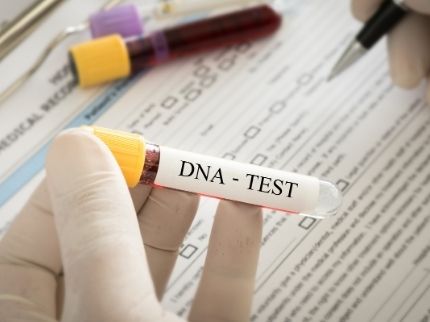Physical Address
304 North Cardinal St.
Dorchester Center, MA 02124

On December 7, 1941 the Japanese struck Pearl Harbor in a surprise attack that decimated the US Pacific Fleet. Of the ships that were attacked few sank as fast or as completely as the Oklahoma, which listed and capsized within minutes after a rapid series of direct torpedo strikes.
Survivors from the Oklahoma described a surreal scene below deck of sloshing water and fuel oil, men trying to climb from the darkness through hatches, beating their way out with tools. Hundreds remained trapped in interior compartments. Of the dead on the Oklahoma, 36 were easily recovered and identified. The remainder were not able to be identified and were interred in communal caskets.
Approximately 74,000 soldiers from World War II still remain unaccounted for. About one-quarter of those are considered recoverable by the military’s Joint POW/MIA Accounting Command, the Hawaii organization that has relied on scientific and geopolitical changes to identify more than 600 long-lost MIAs since 2003.
The Joint POW/MIA Accounting Command’s military and civilian teams have tracked down aircraft wrecks and burial sites in remote locations, exhumed remains, and analyzed bone fragments and bits of material at the world’s largest forensic anthropology lab. They work with casualty offices from each branch to find survivors and collect DNA samples for matching. For each name, the military tries to locate at least two relatives who share a long-lasting form of DNA passed along maternal lines.
In Hawaii, Greg Berg, the forensic anthropologist who manages the joint command’s Central Identification Laboratory, cautions that the work to identify remains could take years, the process he warns is complicated by commingling of remains which is far more extensive than expected. Only five people have been definitively identified since 2003.
Still, “the commingling problems are not insurmountable, and [we are] confident in our abilities to eventually bring about case resolution,’’ Berg said by e-mail.